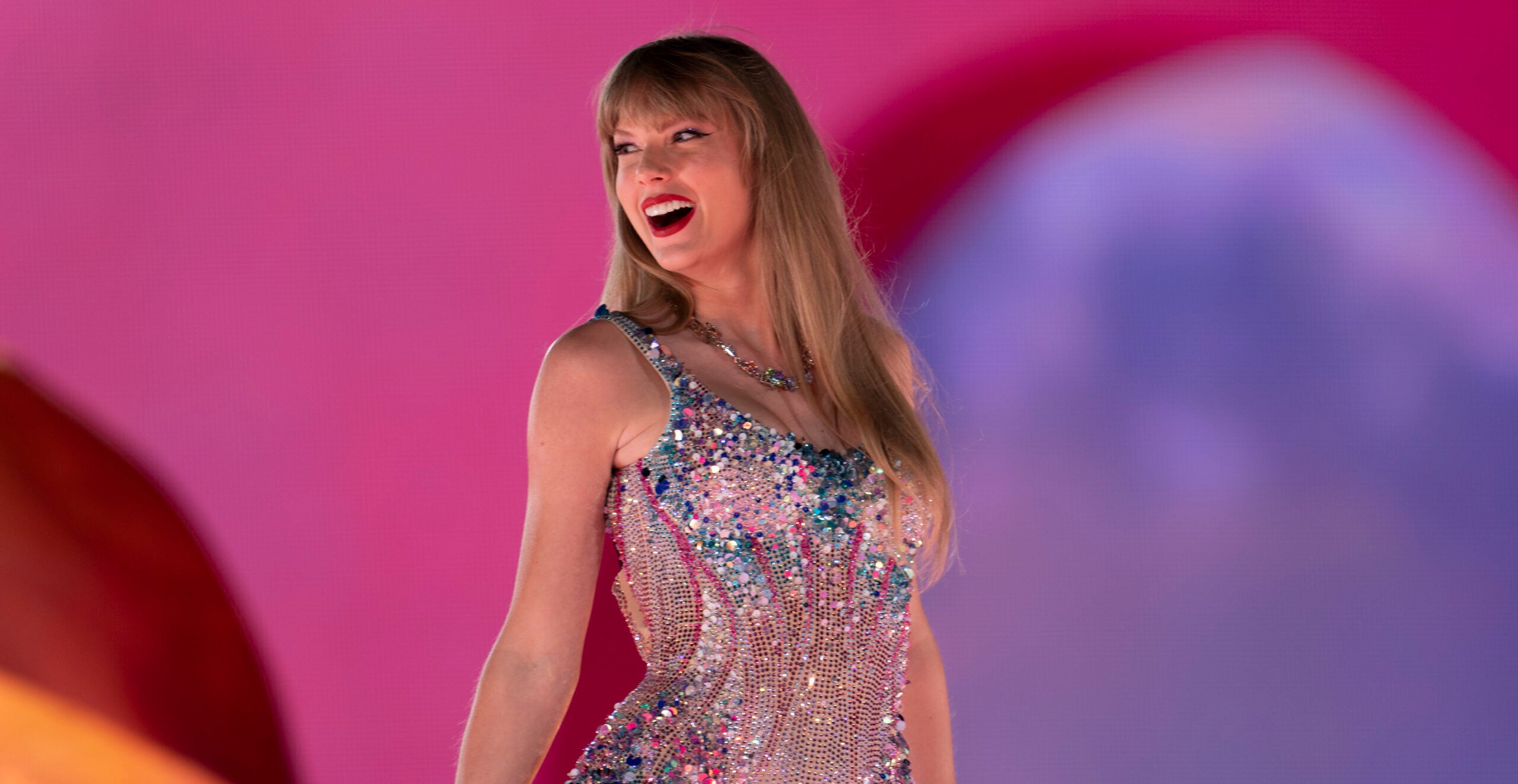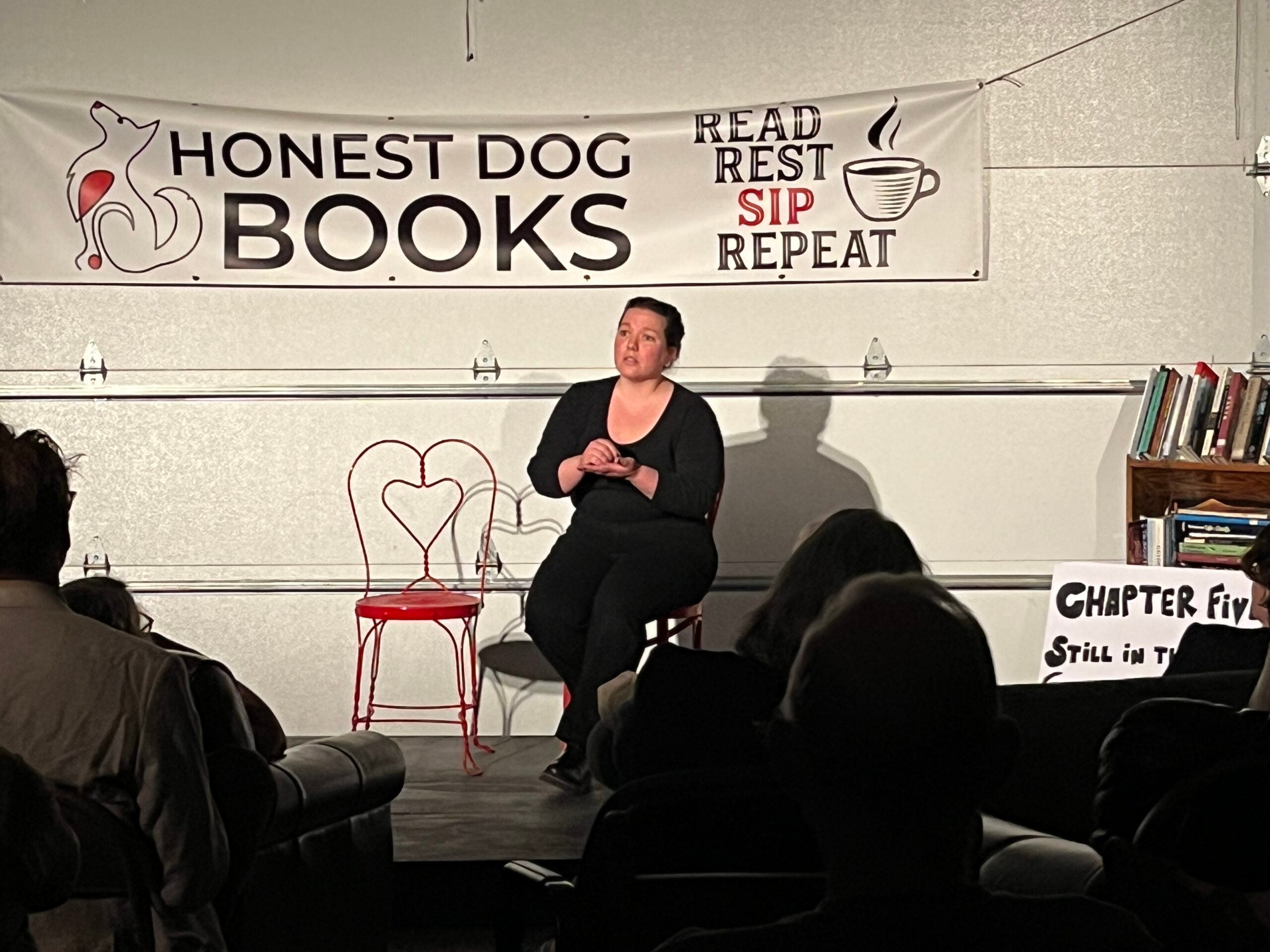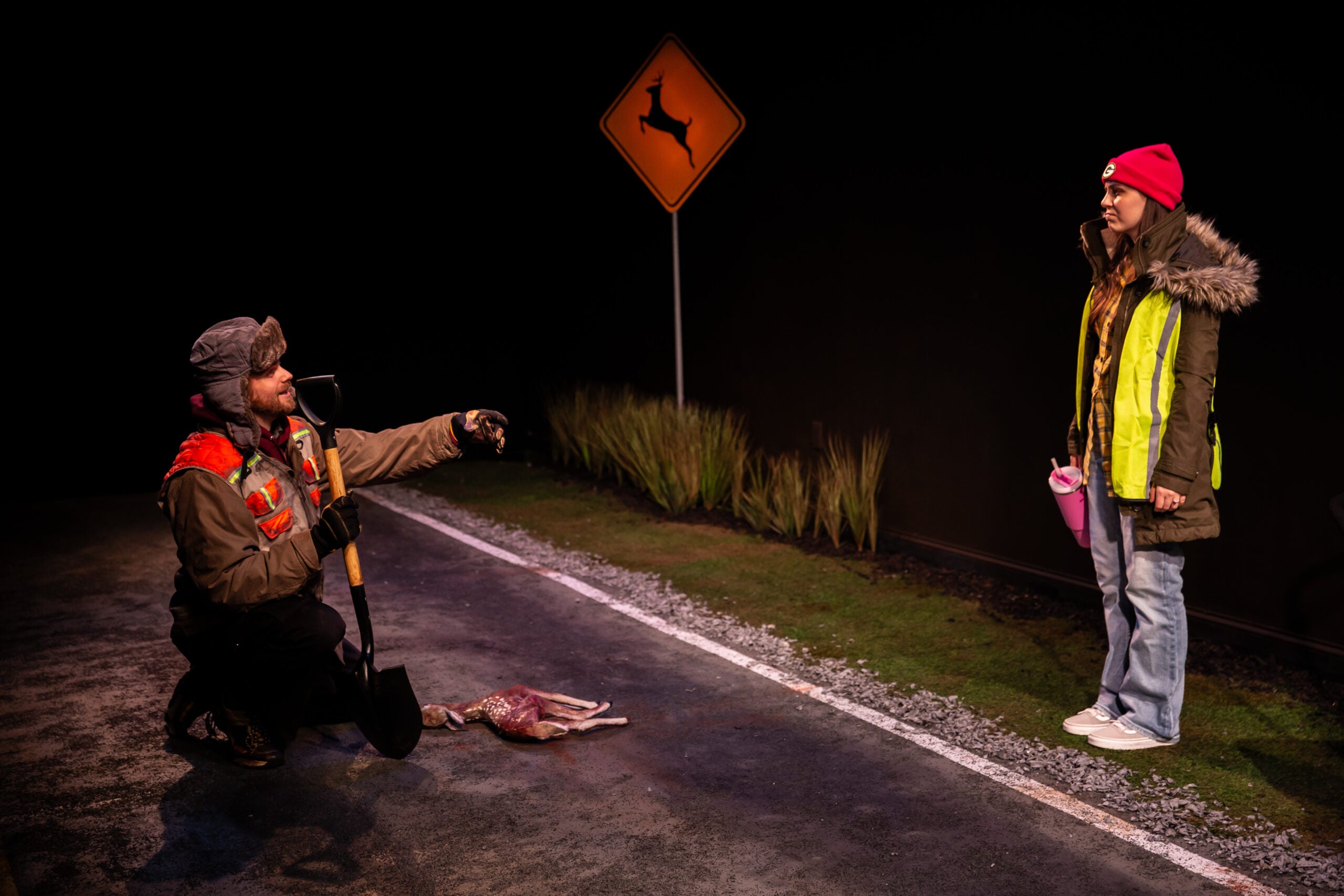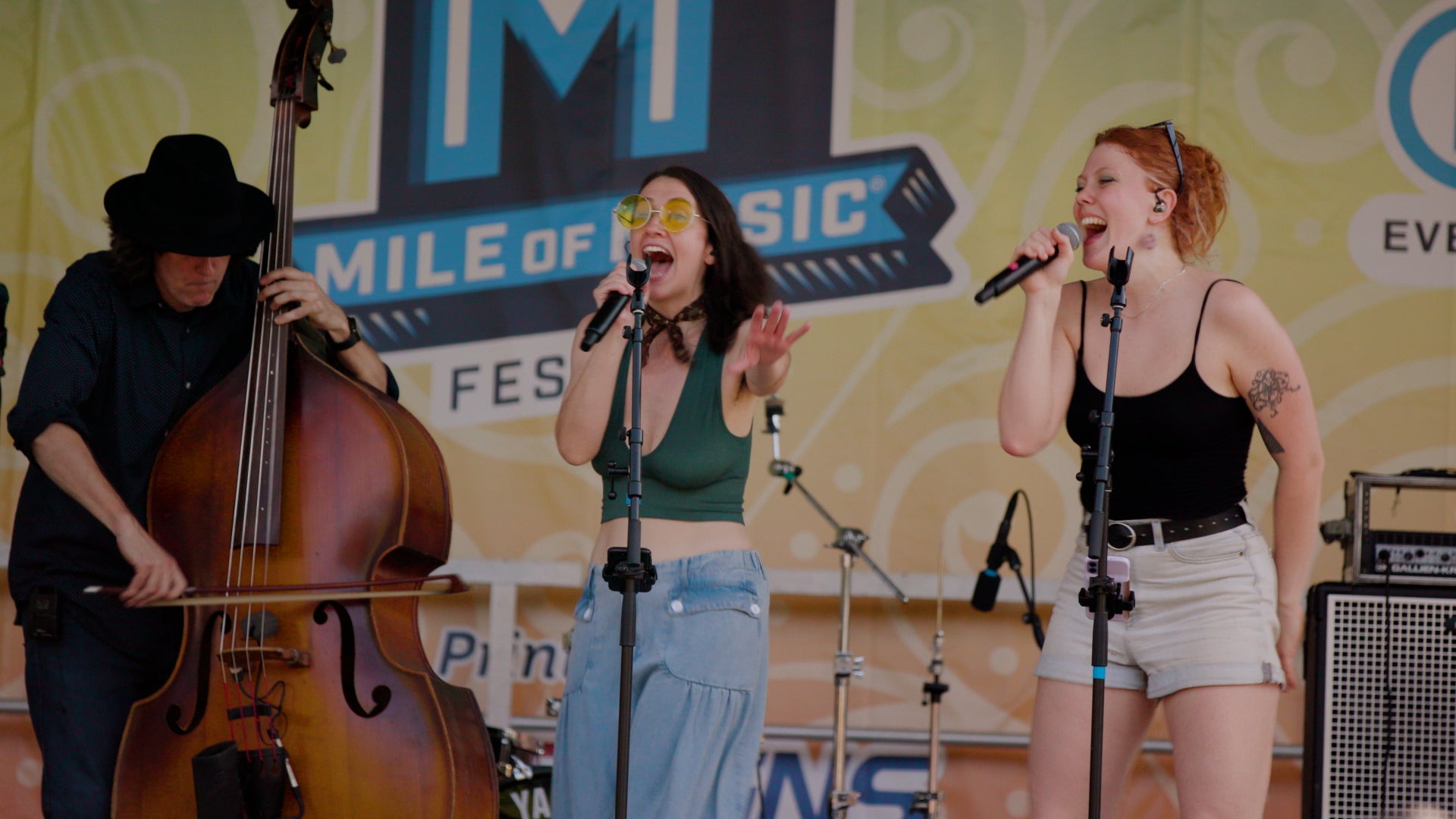They’ll be rolling out the barrel at the 45th Wisconsin State Polka Festival — but they may be taking a few more rest breaks.
According to chair of the festival Jerry Butalla, the festival’s dancers — most of whom are past retirement age — can’t kick up their heels quite as high these days. At 82 years old, he only does one or two dances a day because he “gets winded” easily.
To accommodate its faithful, dancing on the second day of the festival, May 18, will be trimmed down from its usual 10-hour marathon to a still impressive six hours.
News with a little more humanity
WPR’s “Wisconsin Today” newsletter keeps you connected to the state you love without feeling overwhelmed. No paywall. No agenda. No corporate filter.
“(Dancers are) not getting as mobile as they used to be,” Butalla said.
The polka still has its devoted fans in Wisconsin — Gov. Tony Evers among them — but those numbers are in decline.
The Wisconsin Polka Boosters are sponsoring the event near Richland this weekend. Butalla said when he first joined the club about 30 years ago, membership was over 1,000 people. Since then, it’s been cut in half.
Butalla said “without a doubt” the crowds at polka dances are on the whole smaller and older.
Gen Xer Lisa Hare, one of the youngest Wisconsin Polka Boosters board members, welcomes the programming changes to this year’s festival. She said it’s an exciting opportunity to reimagine what polka could be.
“It’s just about outreach — continuing to get people excited,” Hare said.

Is polka dying or changing?
Polka first rose to popularity in Europe during the 1840s. After World War II, according to historians, polka made its first mainstream American appearance thanks to the “Polka King” of Cleveland, Ohio: Slovenian-American Frankie Yankovic.
Polka is a Wisconsin tradition. It was designated the state dance in 1994. At least eight polka stars with Wisconsin roots are in the International Polka Association Hall of Fame.
But interest has dwindled in recent years. The Wisconsin Polka Hall of Fame met in 2019 to discuss how to officially disband, according to the Green Bay Press Gazette.
Butalla sees a day where hosting a polka festival will no longer be profitable. Most leaders of the Wisconsin Polka Boosters are over 80 years old, making it difficult for him to envision a future.
“If we don’t have the support and the amount of people coming out to pay for the program, obviously it can’t continue,” Jerry said.
“We need an infusion of young people,” Butalla said.
Hare still sees a bright future for polka. She said the landscape is changing and the focus needs to be on outreach. Whether it’s through interpersonal networking or social media presence, she said polka is not just for the aging population. She said she sees families and children out on the dance floor.
“They are out there having a gas,” Hare said.
She said hosting polka nights at beer gardens and shortening polka festivals are a way to grow popularity among younger generations.
“And this can sometimes be a hard pill to swallow for folks who’ve only experienced it in one realm, where I’ve seen it in both,” Hare said.
Butalla and his wife, Angie, have been dancing the polka for more than 50 years. They have built a community of friends from across the country over their love of dancing. They want young people to love it as much as they do.
“It’s a great exercise, very reasonable entertainment. And the camaraderie and friendship you would have with other people, it really is amazing,” Butalla said.
The 45th Wisconsin State Polka Festival is at Sterling Chalet in Hubertus starting May 17. Six different live bands will play over three days. Dance lessons will be offered. There are expected to be approximately 600 people attending.
While the future of the event is unknown, the couple said they will enjoy it while they still can.
“Life changes, and I guess we have to hope we can change with it,” Angie Butalla said.
Wisconsin Public Radio, © Copyright 2025, Board of Regents of the University of Wisconsin System and Wisconsin Educational Communications Board.







